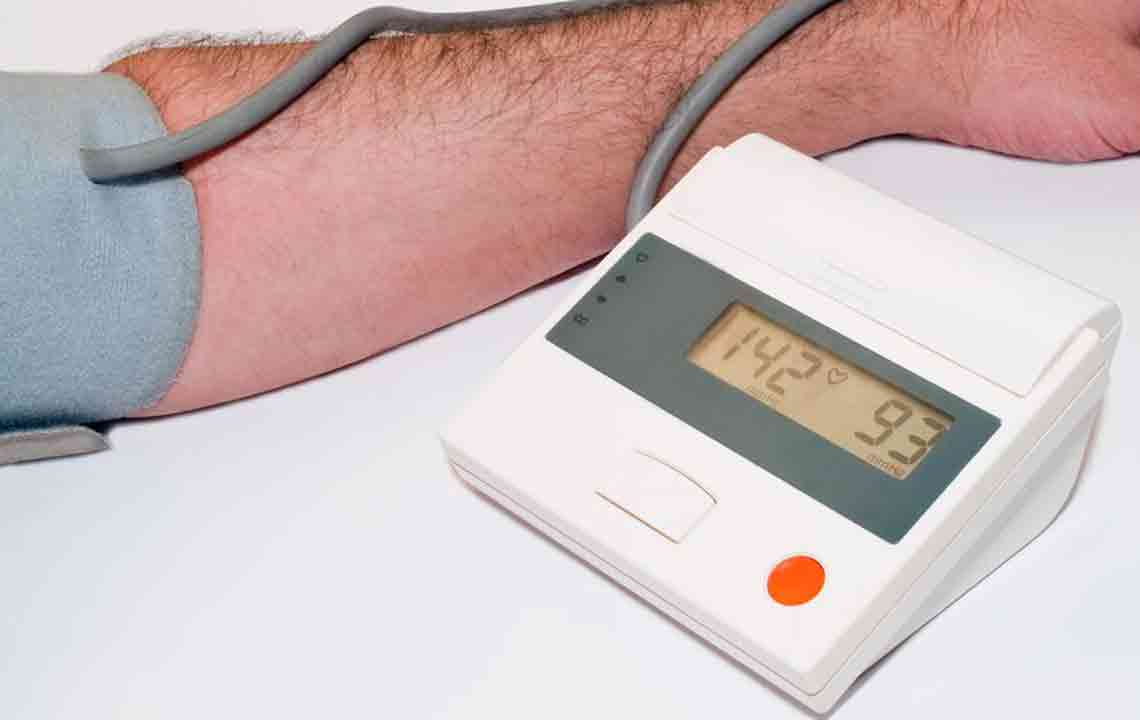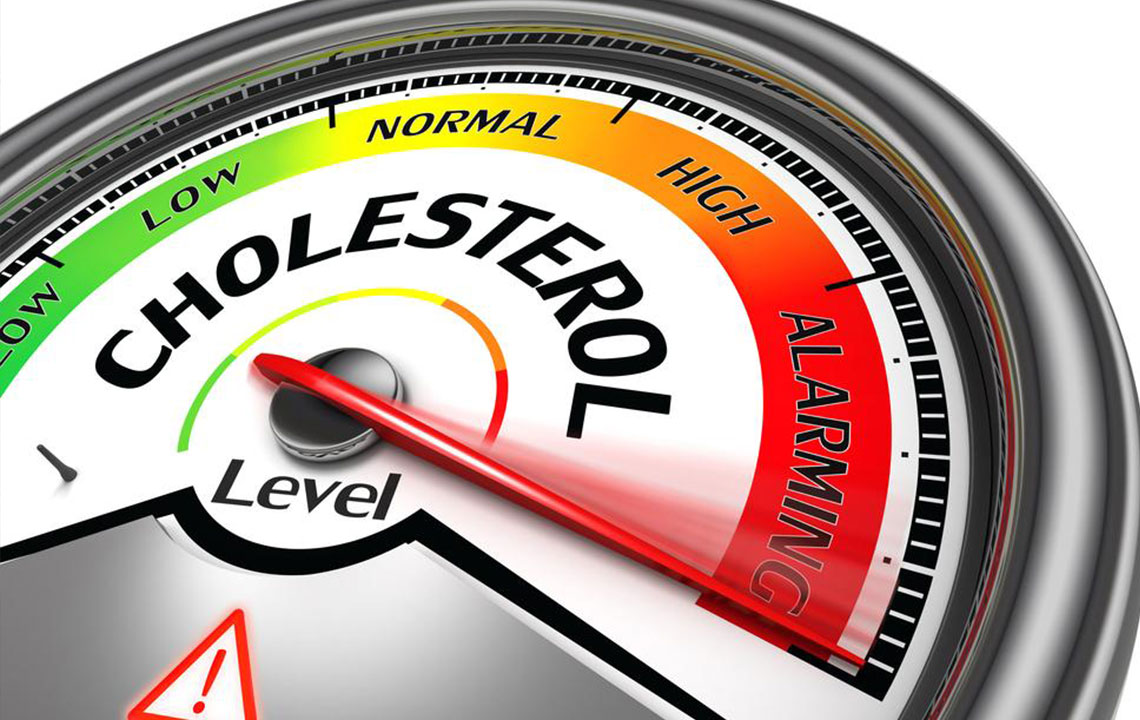Comprehensive Guide to Maintaining Optimal Cholesterol Levels for Better Heart Health
Learn effective strategies to maintain healthy cholesterol levels with a comprehensive guide that covers dietary tips, exercise routines, regular monitoring, and medical checkups. Proper management of cholesterol is crucial for preventing heart disease and promoting overall cardiovascular health. This detailed article provides practical advice to help you achieve and sustain optimal cholesterol levels for a healthier life.

Comprehensive Strategies to Keep Cholesterol in Check and Promote Heart Well-being
Cholesterol plays a vital role in maintaining the overall health of our body, especially for cell membrane integrity and hormone production. However, enjoying the benefits of cholesterol requires a delicate balance. When cholesterol levels become too high, it can lead to severe health complications, particularly cardiovascular diseases. Elevated cholesterol is often linked to poor dietary habits, genetic factors, and liver health issues, which can significantly increase the risk of developing clogged arteries and heart attacks. It is also a contributing factor to obesity, a health epidemic that continues to concern public health officials worldwide, particularly in countries like the United States, where obesity rates are among the highest globally.
Understanding Cholesterol and Its Impact on Health
Managing cholesterol effectively is essential for preventing cardiovascular diseases such as coronary artery disease, stroke, and peripheral artery disease. High cholesterol levels, especially low-density lipoprotein (LDL) cholesterol, contribute to the formation of plaque deposits inside arteries, leading to narrowing and hardening of arteries—a condition known as atherosclerosis. This condition can significantly compromise blood flow, increasing the risk of heart attacks and strokes. Conversely, high-density lipoprotein (HDL) cholesterol is beneficial, as it helps remove excess cholesterol from the bloodstream, reducing the risk of plaque buildup. Achieving a healthy balance between these types of cholesterol is crucial for maintaining cardiovascular health.
Practical Tips for Managing Cholesterol
To effectively manage cholesterol levels and promote heart health, individuals should adopt a comprehensive approach that includes dietary modifications, physical activity, regular monitoring, and routine health assessments. Here's a detailed look at each aspect:
Adopt a Heart-Healthy Diet: While it can be tempting to indulge in fast food and processed snacks, these foods are often high in saturated fats, trans fats, and cholesterol, which can elevate LDL levels. Instead, focus on consuming foods rich in healthy fats, such as avocados, nuts, seeds, and oily fish like salmon and mackerel. Incorporate whole grains, fruits, vegetables, and fiber-rich foods into your diet, as they help lower bad cholesterol and improve overall heart health. Limit intake of red meats and dairy products high in saturated fats, and avoid trans fats found in many baked goods and fried foods.
Maintain Regular Physical Activity: Engaging in consistent exercise routines is one of the most effective ways to improve cholesterol profiles. Aerobic activities like brisk walking, cycling, swimming, or running help elevate HDL cholesterol levels while reducing LDL cholesterol. Exercising for at least 150 minutes per week, as recommended by health authorities, can significantly impact your cardiovascular health by aiding weight management and reducing plaque formation. Incorporate strength training and flexibility exercises for a comprehensive approach.
Monitor Your Cholesterol Levels: Regular screening of cholesterol levels using blood tests provides insight into your lipid profiles. Keeping track of your cholesterol levels through these tests helps identify early signs of imbalance and adjust lifestyle or medication accordingly. Creating a cholesterol chart can be an effective way to visualize progress over time and stay motivated.
Schedule Routine Medical Checkups: Since the liver synthesizes cholesterol, periodic health assessments are vital to ensure liver health and overall metabolic function. Physicians may recommend medications, such as statins, if lifestyle modifications alone do not sufficiently control cholesterol levels. Regular checkups allow early detection of potential health issues and enable personalized care plans tailored to individual risk factors.
Combining these strategies—diet, exercise, monitoring, and medical support—can significantly improve cholesterol levels and reduce the risk of cardiovascular complications. Remember, persistence and consistency are key, and small, sustained changes can lead to substantial health benefits over time. Making these lifestyle adjustments not only benefits your heart health but also enhances overall well-being, energy levels, and longevity. Start today to take control of your health and ensure a healthier future.





